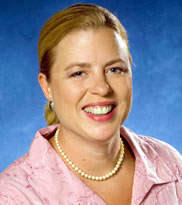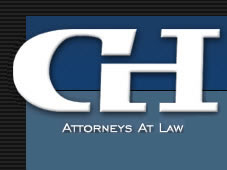The 35-year history of the claims-made policy form has not brought it stability or standardization. In fact, claims-made forms have begun to incorporate with increasing frequency additional and exclusionary language that is unfavorable to the policyholder.
The current claims-made form is used for both professional liability (errors and omissions) and directors and officers (D&O) liability policies (in addition to others). This version of the policy evolved from two different "tracks" that are now converging with subtle yet dangerous results for insureds as well as for those who sell these forms.
Evolution of Claims-Made Provisions in D&O Form
Directors and officers liability policies have long been issued on a "pure claims-made" basis (a phrase this writer first coined in 1990). That is, they were written with no prior act date (also known as a retroactive date). As a result, wrongful acts of the directors and officers dating back to corporate formation were covered as long as the claim was first made against the insured during the policy term. To minimize the singular risk D&O insurers were taking (i.e., "what probability exists that a claim will be first made against the insured during the policy term?"), they began using a "continuity date" and/or a "prior/pending litigation exclusionary" date that was the same as the inception date of the first policy issued. The date the insured first obtained coverage thus became known as the "first coverage date" so the "continuity date" could be honored at renewal. This was reinforced by a warranty within the application for coverage stating that the insured was or was not aware of facts, incidents, or circumstances that could give rise to a claim in the future.
Renewal applications did not contain such warranties so as not to "break the chain of continuity," even after several years. The continuity date would often be "backdated" to the "first coverage date." Given policy language changes requiring claims be reported to the insurer during the policy term, one does have trouble reconciling the lack of a warranty statement on renewal with the requirement that claims be reported during the policy term. Solving the problem that arises if a known claim is "reported" after renewal with the chain of continuity dating back to the original application of years ago is also a problem. Worse, perhaps, was if the insured elected to move to another insurer that was willing to accept a renewal application without warranties so as not to break the chain of continuity. Simply stated, this appears absurd, given that many such policies do not define the term "continuity date" other than being the "continuity date" that appears on the declarations page!
The Continuity Date
. . .Continue to read rest of article (PDF).
Frederick J. Fisher, JD, CCP, is the President of Fisher Consulting Group, Inc., a Professional Liability firm. Since his career began, Mr. Fisher focused on one vision: providing financial security to the client. The result was a successful 40 year career in Specialty Lines Insurance.
©Copyright - All Rights Reserved
DO NOT REPRODUCE WITHOUT WRITTEN PERMISSION BY AUTHOR.











